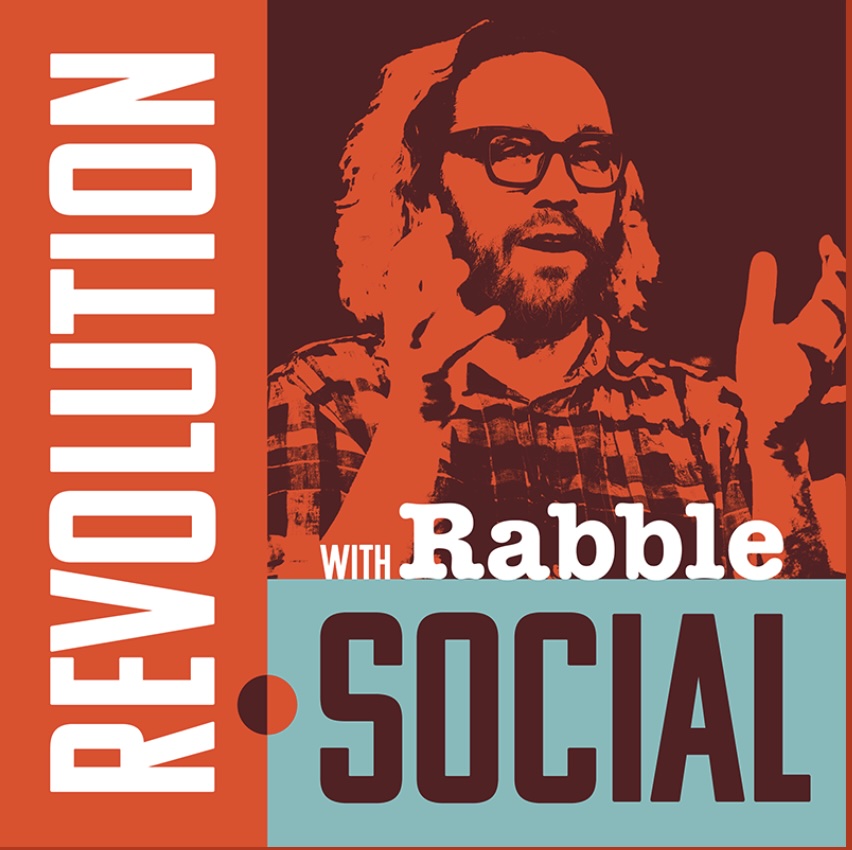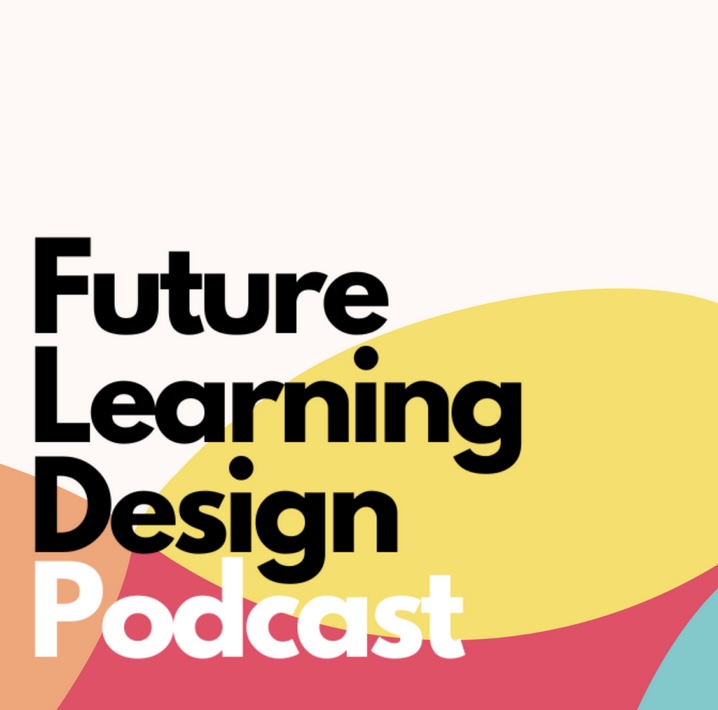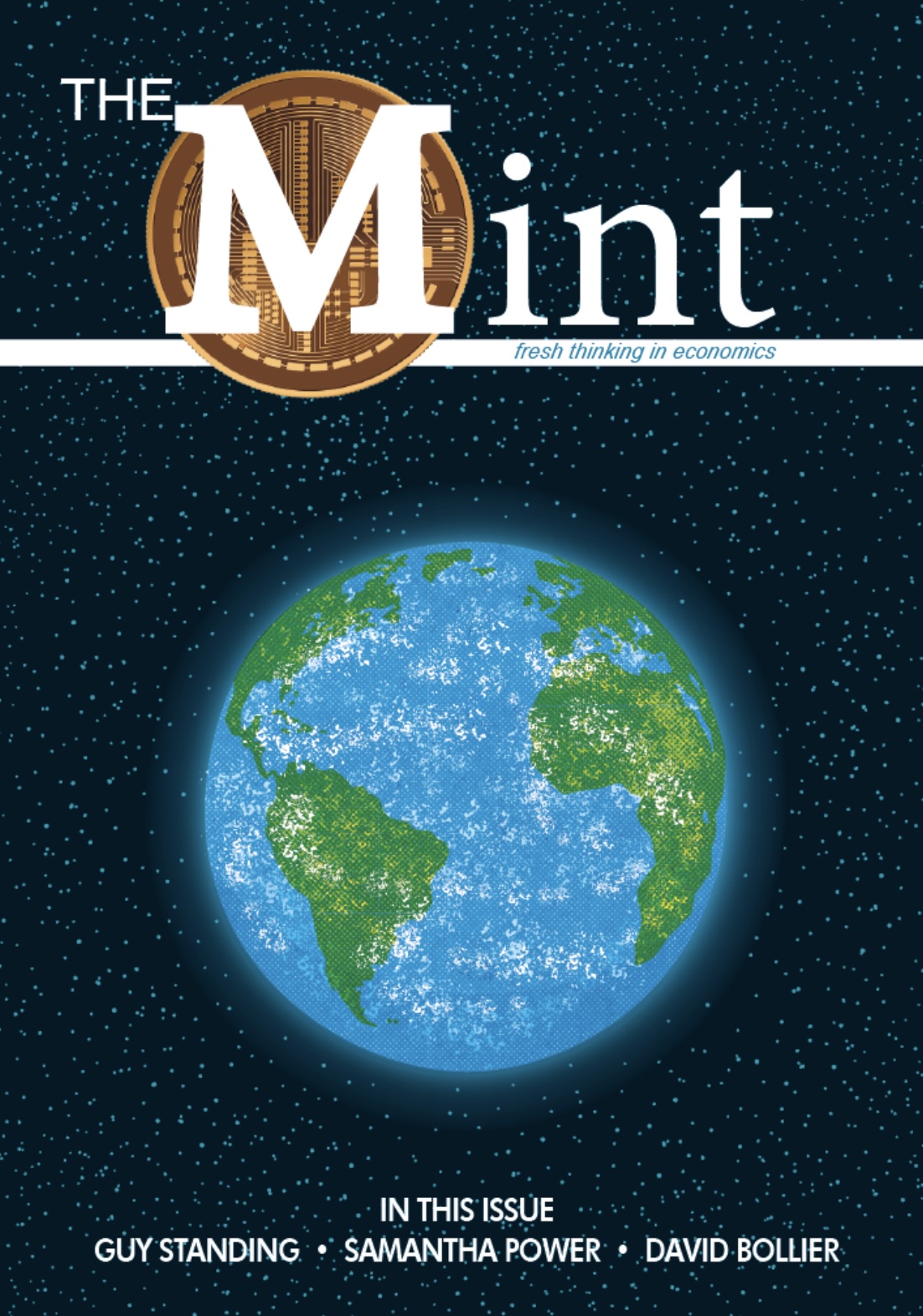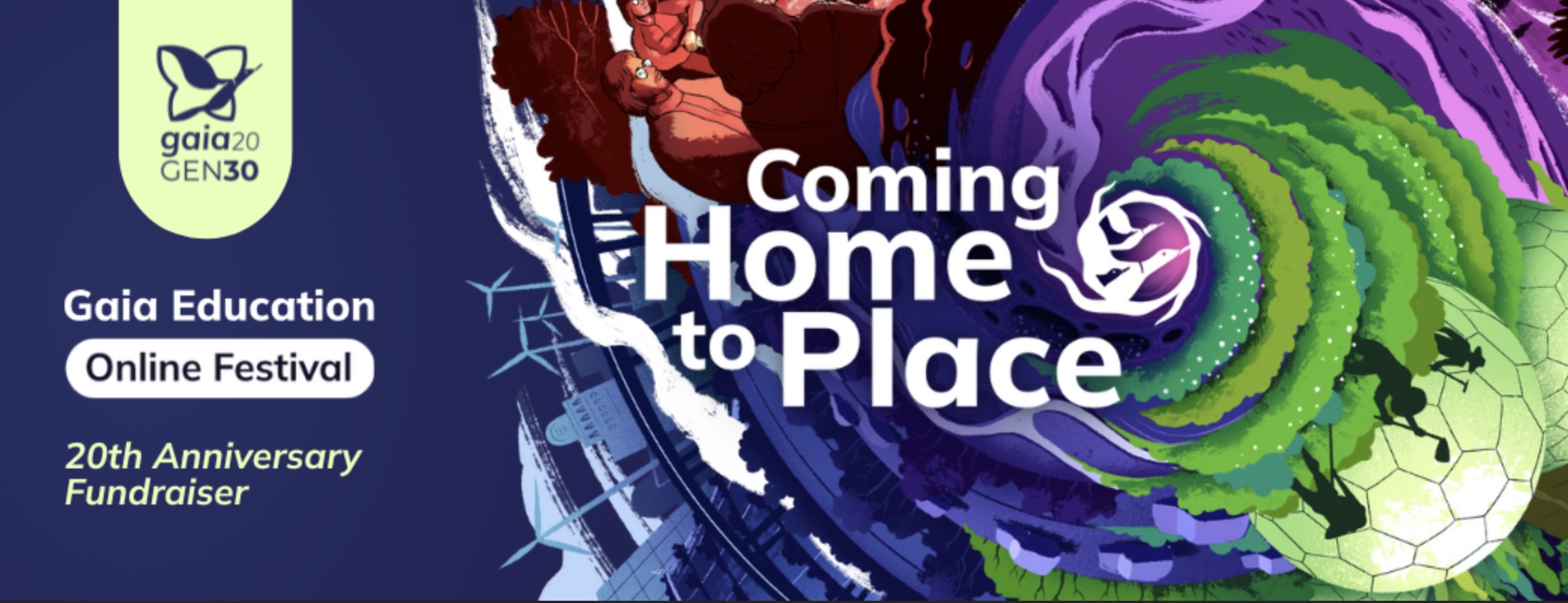I always find it invigorating to have interviewers ask me about the commons. Their questions force me to see the commons from other perspectives and raise still other questions. So if you enjoy the back-and-forth of a conversation, here are five recent interviews that I've had with podcasters and the editor of a British magazine. Our discussions focused on the governance of online collaboration, the future of education design, and how commons can speak to environmental challenges.

Revolution.Social, with Rabble Evan Henshaw-Plath. Episode #13, posted October 8. “The commons and why open platforms aren’t enough.” Rabble is a leading activist programmer and expert on social media focused on the governance design of digital platforms to maximize commoning. He previewed this episode saying: “When a community wants to organize itself, it might decide between private ownership and state control. David Bollier has spent decades arguing that that's a false binary, and that there is a better way: The commons.”
Future Learning Design podcast, with Tim Logan. A social change / institutional design podcast. Posted November 3; 46 minutes. Tim Logan writes: “For the last 250 years we've gotten used to compulsory standardised schooling being provided at scale by either the state, as public government schools, or by the market, as private fee-paying schools. I'm fascinated by the question of what alternatives there might be to this binary choice. Home-schooling networks,

religious and intentional communities are certainly examples, but often still very much at the margins. My guest this week, David Bollier, is a global expert in the way that communities work together to steward shared resources often known as the Commons, rather than relying on the market or the state. So I was very keen to ask him about the implications of reframing education itself as a commons, what would this do to the ways that we provide, fund, and govern education.”
 The Mint web magazine (UK), “On Commons Ground,” Interview with Henry Leveson-Gower. Published on October 3. “When David Bollier talks about “the commons,” he is not referring to a dusty remnant of medieval England. He means something alive: a social practice, an ethic, and increasingly, a survival strategy.”
The Mint web magazine (UK), “On Commons Ground,” Interview with Henry Leveson-Gower. Published on October 3. “When David Bollier talks about “the commons,” he is not referring to a dusty remnant of medieval England. He means something alive: a social practice, an ethic, and increasingly, a survival strategy.”
Coming Home to Place: Weaving the 4 Dimensions of Regenerative Cultures, Daniel Christian Wahl interviews me here as part of a 20th anniversary fundraiser for Gaia Education featuring podcasts with leading figures in regenerative economics and system-change. The series will be available for free from December 1. A donation is requested for unlimited access to all interviews and to the live events on December 6 and 7. You can preview my interview with two short video previews on LinkedIn here and here. 
Voices in Global Environmental Politics, with Haley Stevenson (of Univeresidad Torcuato Di Tella, Argentina), Episode #2, “Unlearning the Tragedy: Commoning as Political Practice,” (Posted on October 30; 41 minutes) “In this episode, Hayley Stevenson speaks with David Bollier, a leading writer and activist who has spent more than two decades reimagining economics, politics, and culture through the lens of the commons and self-governance. Their conversation explores how “commoning” challenges dominant ideas about property, value, and political participation — and what it means to rethink governance and cooperation beyond market and state logics.” Stevenson’s full podcast series of interviews is here.










Recent comments